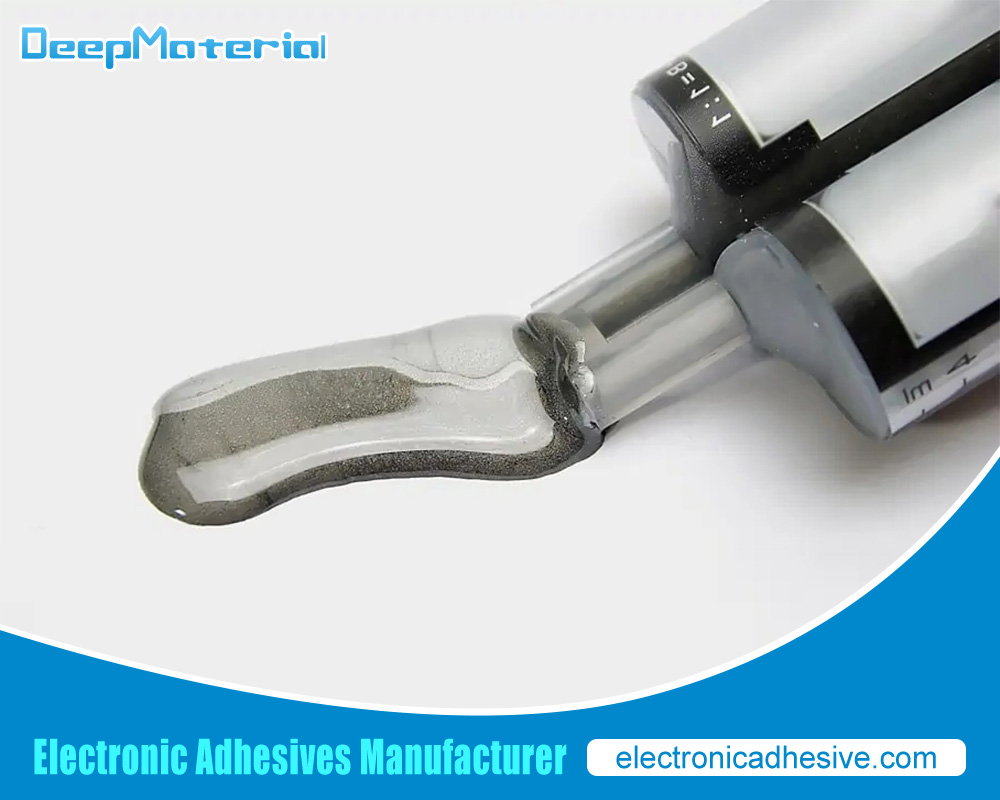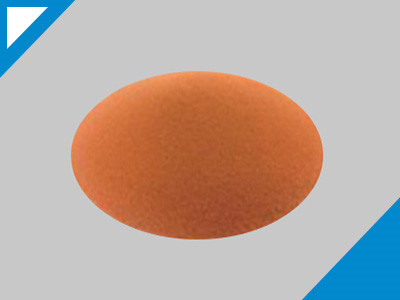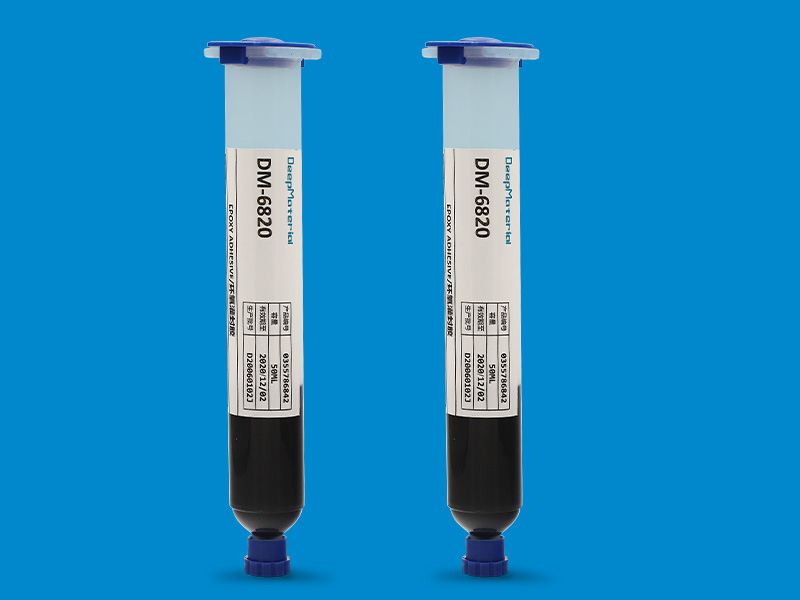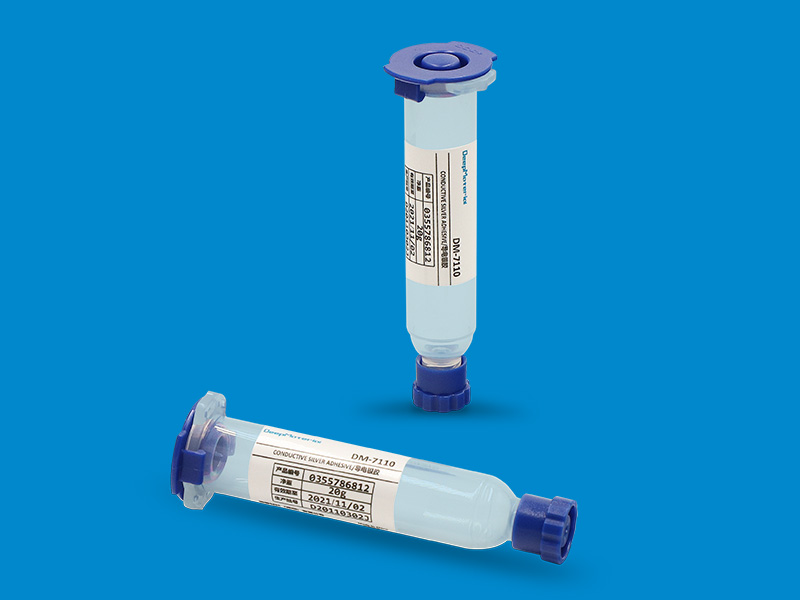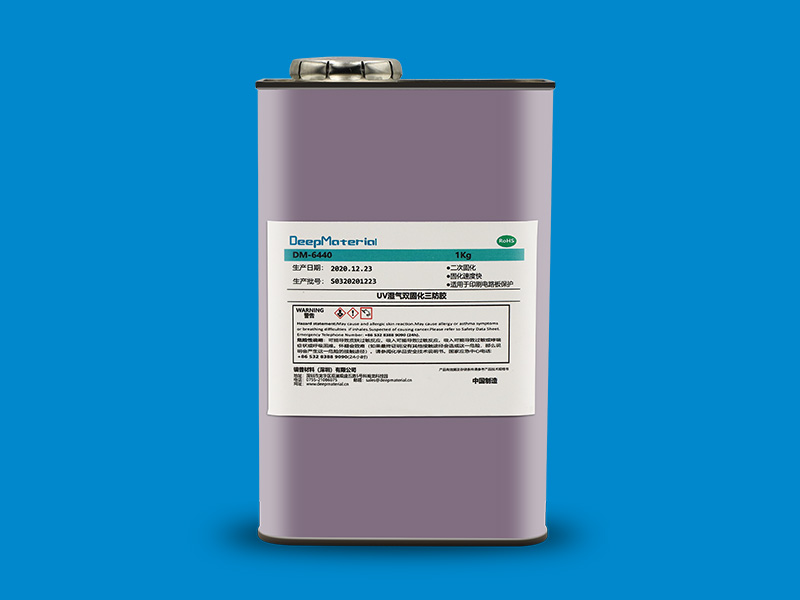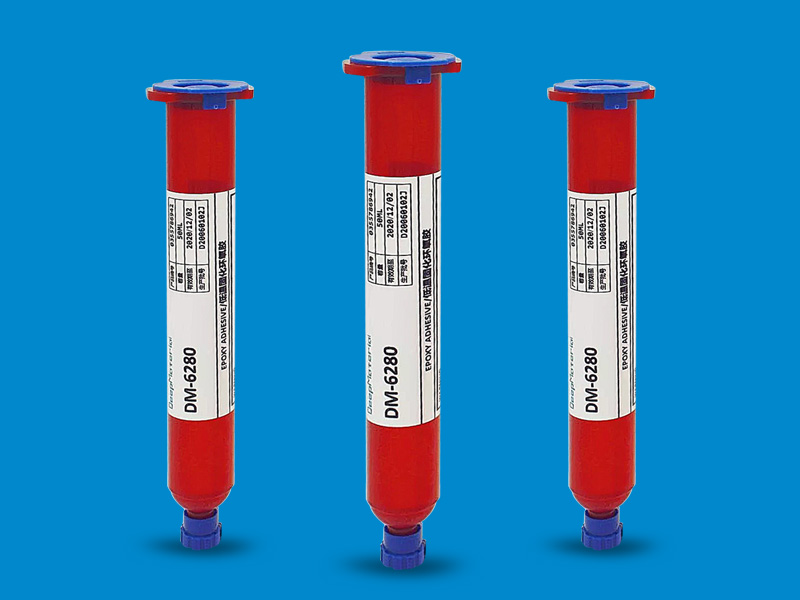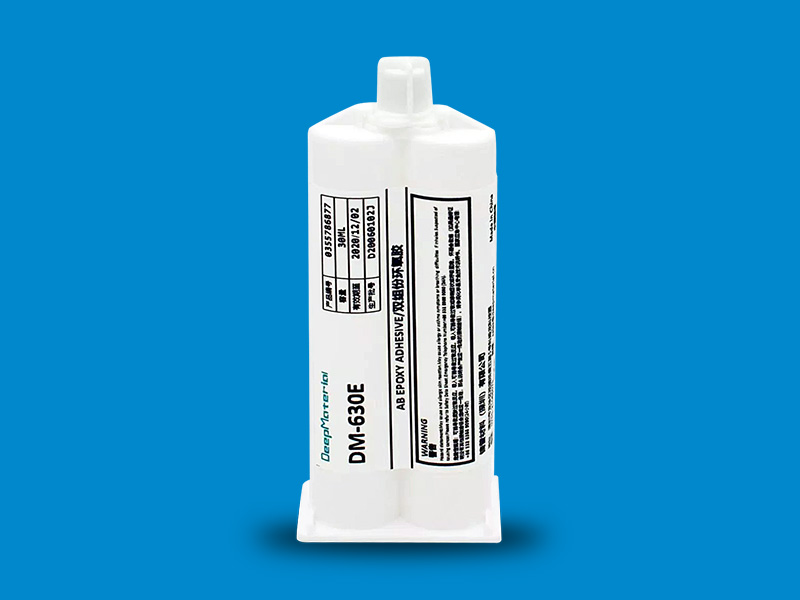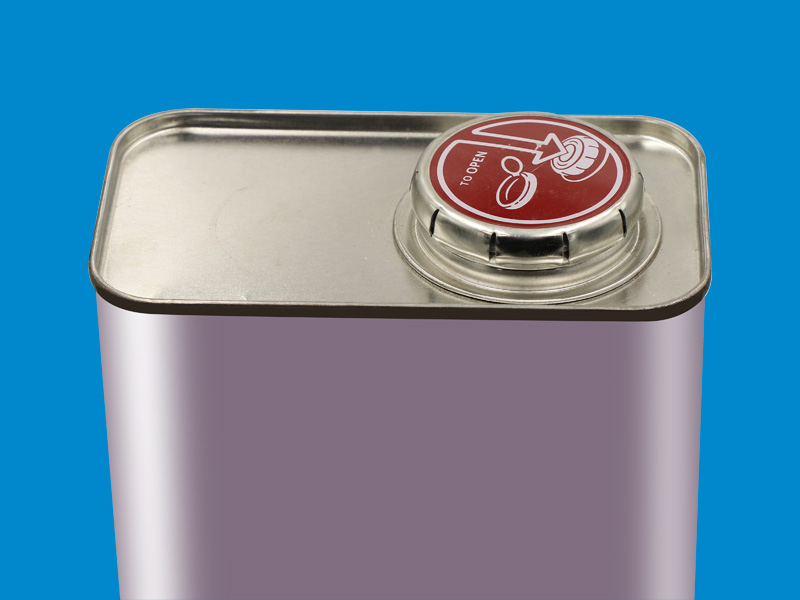Best Glue for Electronics: A Comprehensive Guide
Best Glue for Electronics: A Comprehensive Guide
In electronics, the need for reliable bonding solutions cannot be overstated. Whether working on a DIY electronics project, repairing gadgets, or assembling complex devices, choosing the suitable adhesive is crucial for achieving a durable, practical, and clean result. This article explores the best glues for electronics, discussing their types, applications, and specific recommendations for various scenarios.
Understanding the Importance of the Right Adhesive
The selection of an adhesive for electronics is not merely a matter of sticking components together; it involves considerations of thermal resistance, electrical insulation, and the ability to withstand various environmental conditions. The suitable glue ensures the longevity and functionality of electronic devices, preventing issues such as component detachment, signal interference, or damage due to environmental factors.
1.1 Thermal Resistance
Electronics often generate heat during operation, and the adhesive must be able to withstand these temperatures without degrading. Adhesives with high thermal resistance are essential for maintaining the integrity of electronic connections and preventing failure.
1.2 Electrical Insulation
An electronics adhesive must be electrically insulated to prevent short circuits and signal interference. It should not conduct electricity and provide a stable barrier between conductive components.
1.3 Environmental Resistance
Electronics are exposed to various environmental conditions, including humidity, dust, and temperature fluctuations. The adhesive must resist these factors to ensure the reliability and durability of the electronic assembly.

Types of Adhesives for Electronics
Different types of adhesives serve various purposes in electronics. Understanding these types helps in selecting the most suitable adhesive for specific applications.
2.1 Epoxy Adhesives
Epoxy adhesives are two-part systems that consist of a resin and a hardener. They form a strong, durable bond that is ideal for many electronics applications when mixed.
Advantages:
- High Strength:Epoxy adhesives provide exceptional bonding strength.
- Thermal Resistance:They can withstand high temperatures, making them suitable for components that generate heat.
- Electrical Insulation:Epoxies are generally excellent electrical insulators.
Applications:
- Circuit Board Repairs:Epoxy adhesives fix cracked or damaged circuit boards.
- Component Mounting:Ideal for mounting components where high strength and durability are required.
Recommended Products:
- Loctite Epoxy Industrial Adhesive:Known for its strength and resistance to heat and chemicals.
- 3M Scotch-Weld Epoxy Adhesive:Offers solid bonds and high thermal resistance.
2.2 Silicone Adhesives
Silicone adhesives are flexible, heat-resistant, and offer good electrical insulation properties.
Advantages:
- Flexibility:They remain flexible after curing, which is useful for components that experience mechanical movement or vibrations.
- Thermal Stability:Silicone adhesives perform well in a wide temperature range.
- Electrical Insulation:Provides excellent insulation for electronic components.
Applications:
- Sealing:Used to seal gaps and protect electronics from moisture.
- Flexible Mounting:Ideal for components that require a degree of movement or vibration resistance.
Recommended Products:
- Dow Corning 732 Multi-Purpose Sealant:Provides flexibility and excellent sealing properties.
- Momentive RTV 108:Known for its high thermal stability and durability.
2.3 Cyanoacrylate Adhesives (Super Glue)
Cyanoacrylate adhesives, commonly known as superglue, are fast-drying adhesives suitable for various applications.
Advantages:
- Quick Drying:Bonds quickly, which is ideal for fast repairs.
- High Bond Strength:Provides strong adhesion for various materials.
- Ease of Use:Simple application with minimal mess.
Applications:
- Minor Repairs:Ideal for quick fixes on small electronic components.
- Bonding Non-porous Surfaces:Works well on plastic, metal, and glass.
Recommended Products:
- Gorilla Super Glue:Offers strong bonds and dries quickly.
- Loctite Super Glue Gel:Provides control and precision with a gel formula.
2.4 Conductive Adhesives
Conductive adhesives are designed to provide electrical conductivity while bonding components.
Advantages:
- Electrical Conductivity:Allows for electrical connections between components.
- Thermal Conductivity:Some conductive adhesives also dissipate heat.
Applications:
- Circuit Repairs:Useful for creating electrical connections in repairs.
- Thermal Management:Used in applications requiring heat dissipation.
Recommended Products:
- CircuitWorks Conductive Epoxy:Ideal for creating electrical connections and repairs.
- 3M Electrically Conductive Adhesive:Offers excellent conductivity and bonding strength.
Choosing the Best Adhesive for Your Needs
Selecting a suitable adhesive involves understanding the specific requirements of your project. Here’s a guide to help you choose the best adhesive based on your needs:
3.1 For High-Temperature Applications
Opt for adhesives with high thermal resistance if your project involves components that generate significant heat. Epoxy and silicone adhesives are excellent choices because they can withstand elevated temperatures without degrading.
3.2 For Electrical Insulation
For critical electrical insulation applications, such as circuit board repairs, choose adhesives that provide excellent electrical insulation. Epoxy and silicone adhesives are suitable for these applications, ensuring no electrical interference occurs.
3.3 For Flexibility and Vibration Resistance
Flexibility is key when dealing with components that experience movement or vibrations. Silicone adhesives are ideal for these situations as they remain flexible after curing, accommodating mechanical movement without compromising the bond.
3.4 For Quick Repairs
Cyanoacrylate adhesives (super glue) are your best bet if you need a fast solution for minor repairs. Their quick drying time and muscular bond strength make them suitable for immediate fixes on small components.
3.5 For Conductive Needs
Conductive adhesives are the appropriate choice when electrical conductivity is necessary, such as when repairing or assembling electronic circuits. They ensure that electrical connections are maintained while providing the required bond strength.

Application Tips and Best Practices
To achieve the best results with your chosen adhesive, follow these tips and best practices:
4.1 Surface Preparation
Before applying the adhesive, ensure surfaces are clean, dry, and free from dust or grease. Proper surface preparation enhances bond strength and adhesion.
4.2 Correct Mixing and ApplicationFollow the manufacturer’s instructions for mixing the resin and hardener at the correct rate for two-part adhesives. Apply the glue evenly and ensure proper coverage.
4.3 Curing Time
Allow adequate curing time for the adhesive to reach its full strength. Rushing this process can compromise the bond. Refer to the manufacturer’s guidelines for recommended curing times.
4.4 Safety Precautions
Follow safety guidelines when using adhesives, such as working in a well-ventilated area and wearing protective gloves if necessary. Some adhesives may have strong fumes or require special handling.
4.5 Testing and Inspection
After applying the adhesive and allowing it to cure, inspect the bond to ensure it meets your requirements. Conduct any necessary tests to verify the strength and effectiveness of the adhesive.
Conclusion
Selecting the best glue for electronics involves understanding the specific needs of your project and choosing an adhesive that meets those requirements. Epoxy adhesives, silicone adhesives, cyanoacrylate adhesives, and conductive adhesives have unique advantages and applications. By considering factors such as thermal resistance, electrical insulation, and environmental resistance, you can make an informed decision and ensure the success of your electronic projects.
Choosing the suitable adhesive is not just about bonding components; it’s about enhancing the reliability and longevity of your electronic devices. With the information in this guide, you are well-equipped to select the best glue for your electronic needs and achieve optimal results.
For more about choosing the best glue for electronics: a comprehensive guide, you can pay a visit to DeepMaterial at https://www.electronicadhesive.com/ for more info.

